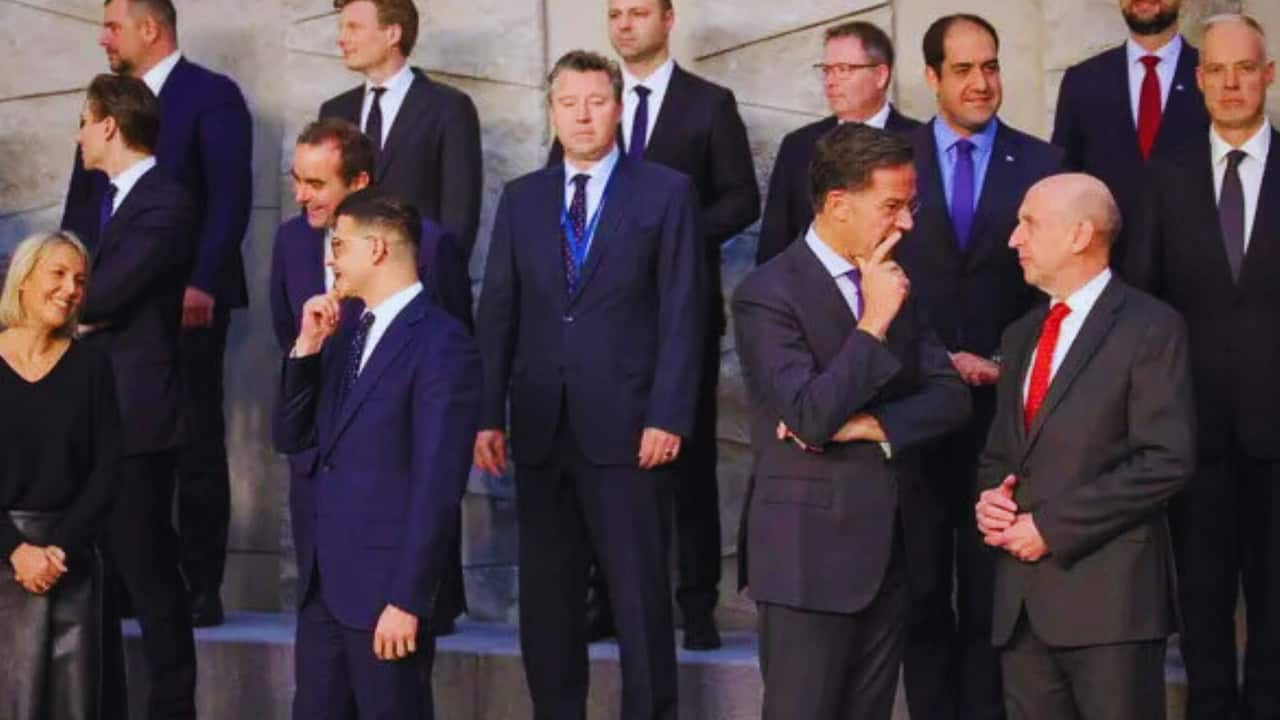Trump’s Return Sparks Global Power Shift: Europe, NATO, and a New World Order
In a seismic shift that’s reshaping the global political landscape, Donald J. Trump’s victory in the 2024 presidential election has sent ripples across international alliances and institutions.
As a seasoned political correspondent, I’ve watched world leaders scramble to adapt to this new reality that promises to fundamentally alter America’s relationship with its allies and rivals alike.
Europe’s Moment of Truth
The European Union finds itself at a critical crossroads. European Commission President Ursula von der Leyen extended congratulations to Trump while emphasizing the deep bonds between the US and EU, representing “800 million citizens” across the Atlantic. However, beneath the diplomatic niceties lies a stark reality: Europe must now seriously consider its path toward strategic autonomy.
The warning signs are clear. Trump’s campaign promises include:
- Blanket tariffs of 10-20% on global imports
- A dramatic 60% tariff on Chinese goods
- Skepticism toward NATO commitments
- A pledge to end the Ukraine war “within 24 hours”
The NATO Question
Perhaps most concerning for European security is Trump’s ambivalent stance toward NATO. Mark Rutte, the new NATO Secretary General, faces the delicate task of maintaining alliance cohesion while pushing European members to increase their defense spending beyond the current 2% GDP target.
As one European diplomat noted, “NATO’s Article 5 is not supposed to be a protection racket” – yet Trump’s transactional approach to international relations suggests exactly such a view.
The Orbán Factor
In a telling shift, Hungarian Prime Minister Viktor Orbán has emerged as one of Trump’s strongest European supporters, calling the victory “the biggest comeback in Western political history.”
This alignment signals a potential boost for populist forces within Europe, with Hungary’s EU presidency providing Orbán a prominent platform to advance his “Make Europe Great Again” agenda.
Ukraine’s Uncertain Future
For President Volodymyr Zelensky and Ukraine, Trump’s return creates existential concerns. European nations have attempted to “Trump-proof” their support through:
- NATO taking over the Ukraine Contact Group
- Securing €40 billion in European aid commitments
- Arranging $50 billion from frozen Russian assets
However, without strong US backing, Ukraine’s position could weaken significantly.
Economic Battlegrounds
The economic implications are equally profound. Trump’s proposed tariffs threaten to ignite global trade wars, with China and Europe likely to retaliate. The EU has already drafted contingency plans, including:
- Proposals to increase American imports
- Prepared reciprocal tariffs if needed
- Strengthened economic coordination among member states
Looking Ahead
The coming months will be crucial in determining whether Europe can unite in the face of these challenges or fragment under pressure. As Georgina Wright from the Institut Montaigne astutely observed, “A Trump victory confronts Europeans with a question they’ve tried hard to hide from: How do we deal with a United States that sees us more as a competitor and a nuisance than a friend?”
The answer to this question will shape global politics for years to come. With both French and German governments currently weakened by domestic politics, Europe’s ability to present a unified response remains uncertain.
The continent faces a stark choice: seize this moment to build true strategic autonomy or risk becoming increasingly irrelevant in a world of great power competition.
As we move forward, one thing is clear: the post-World War II international order is undergoing its most significant transformation since its inception. Whether this leads to a stronger, more independent Europe or a fragmented West remains to be seen, but the stakes could not be higher.
